Iran says deal possible if US lifts all sanctions against Tehran: Spokesman
Iran says a deal on the revival of the landmark 2015 nuclear agreement is possible if the US accepts that it should lift all sanctions imposed on Tehran.
Iranian Foreign Ministry spokesman Saeed Khatibzadeh on Monday blamed the United States for the delay in reaching an agreement on the revival of the deal, known as the Joint Comprehensive Plan of Action, JCPOA, slamming Washington’s double standards.
His remarks come as the International Atomic Energy Agency (IAEA)'s Board of Governors has recently passed a resolution, proposed by the US and the three European parties to the JCPOA – Britain, France, and Germany, which accuses Tehran of failing to fully cooperate with the UN nuclear agency.
Referring to Iran’s efforts to achieve progress in the revival talks, Khatibzadeh noted that Iran has submitted its initiatives to Washington via European Union foreign policy chief Josep Borrell.
“Ahead of the meeting of the Board of Governors, Iran’s initiative was conveyed to the other side via Borrell, and for the first time, through two foreign ministers, Iran’s initiative and proposal was conveyed and a roadmap was submitted, but the US once again decided to delay this agreement,” he said at a weekly press conference.
“If the US fulfills its commitments under the JCPOA and lifts sanctions imposed on the Iranian nation, We can finalize an agreement based on Iran’s initiative.”
Khatibzadeh stressed Tehran’s adherence to diplomacy.
“The American side must return to the path of signing an agreement as soon as possible,” he said, expressing Tehran’s readiness for “a good, sustainable, effective agreement”.
Negotiations have been held in the Austrian capital of Vienna since April last year to restore the JCPOA, which was ditched by former US President Donald Trump in May 2018.
In quitting the agreement, Trump introduced what he called the “maximum pressure” campaign to bring Iran to its knees. Tehran maintains that the policy has failed dismally. The administration of Joe Biden agrees, yet it has not taken any tangible steps to deliver on its promise of repealing the policy.
In recent months, Iran has cited Washington’s indecisiveness as the reason behind the protraction of the talks, as a number of key issues remain unresolved, ranging from the removal of all post-JCPOA sanctions to the provision of guarantees by the American side that it will not leave the deal again.
Tehran hopes seized oil cargo to be release by Greece ‘in practice’
Meanwhile, Khatibzadeh expressed hope that the cargo seized by Greece from an Iranian oil tanker will be released “in practice”.
According to a statement issued by Iran’s Ports and Maritime Organization (PMO) on June 14, the Greek government ordered the release of the ship and its cargo despite sustained US efforts to do otherwise.
Late last month, Reuters quoted an unnamed Greek source as saying that the US Department of Justice had confiscated 700,000 barrels of the Iranian oil cargo.
The source said that the oil cargo had been transferred to another ship hired by Washington and will be sent to the US.
At the time, the PMO described the US seizure of the Iranian oil cargo as an “act of piracy” that was “in violation of international standards.”
Referring to the two Greek oil tankers that have recently been seized by Iran’s Islamic Revolution Guards Corps (IRGC) in the Persian Gulf over violations, the spokesman said the vessels are undergoing judicial procedures and the Greek government has tried to provide documents to ensure their release.
Tehran and Athens had friendly relations before the unilateral US imposition of sanctions against Iran and countries working with it. The export of Iran’s oil to Greece was halted as a result of the bans.
‘Lavrov to arrive in Iran soon’
Elsewhere in his remarks, Khatibzadeh announced that Russia’s Foreign Minister Sergei Lavrov will arrive in Tehran “at the end of the current week”, noting that Tehran seeks to enhance cooperation in the regions of Euroasia and Caucasus.
Trade ties between Iran and Russia exceeded $4 billion in value terms over the Iranian calendar year to March. However, the two countries have insisted that the volume of trade could be more than doubled because of new geopolitical realities in the region.
Russia has been reeling under unprecedented economic sanctions from the US and European countries since it launched a military operation in Ukraine in late February.
The two countries have significantly boosted their ties despite the US sanctions, with Iran signing an agreement with the Russia-led EAEU bloc of Eurasian economies.
US: Police criticizes ‘excessive and disproportionate' force used by ICE on protesters
VIDEO | Press TV's news headlines
Trump administration 'turning against entire ecosystem of human rights'
VIDEO | Leader meets Qur'an reciters, teachers on first day of Ramadan
Two killed, several injured in Israeli strike on refugee camp in Lebanon
US Supreme Court strikes down swath of Trump global tariffs
Tehran says US has not sought zero enrichment, warns war hawks pushing for ‘catastrophic war’
Iran ‘serious’ on achieving a ‘fair’ deal with US, Araghchi tells Lavrov


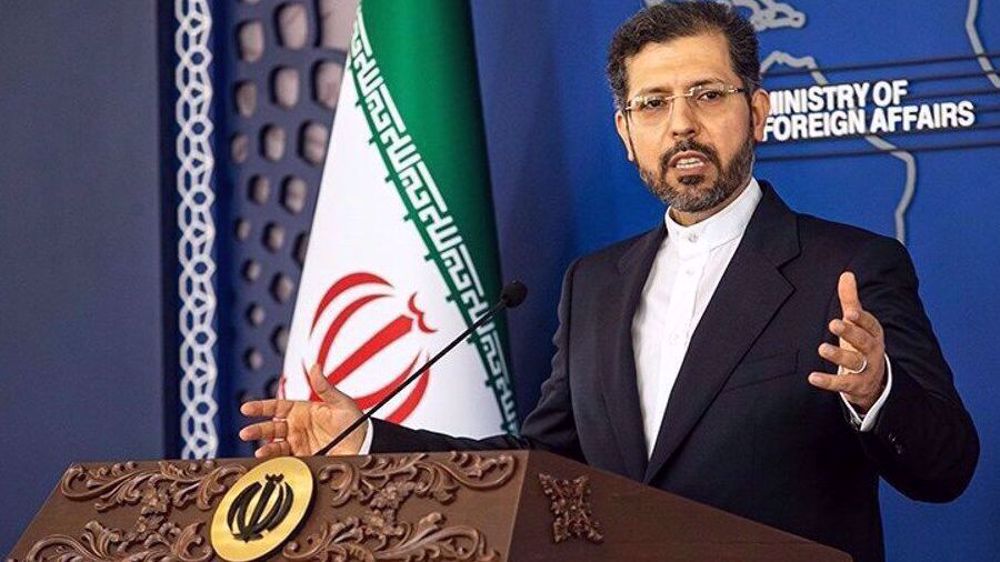
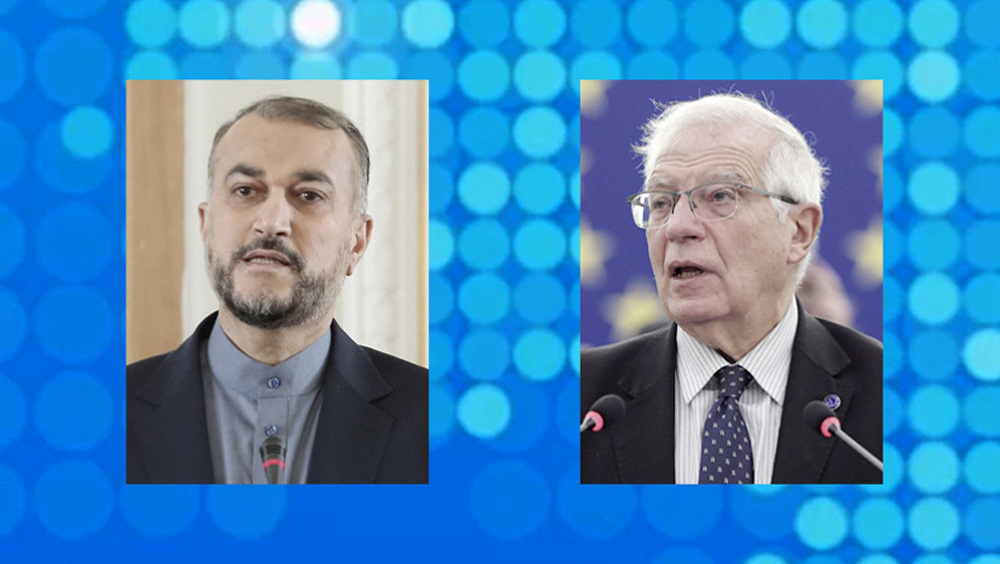
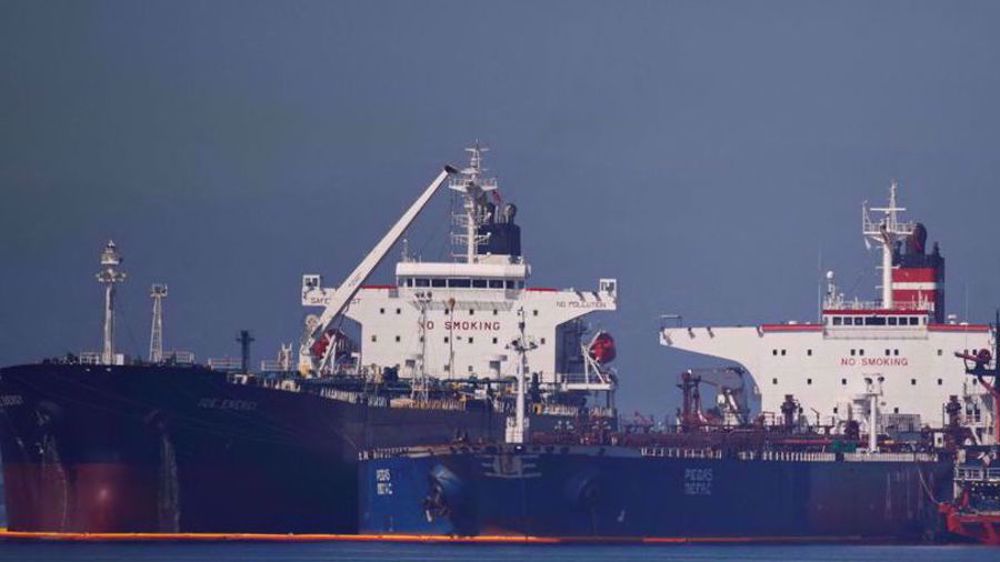
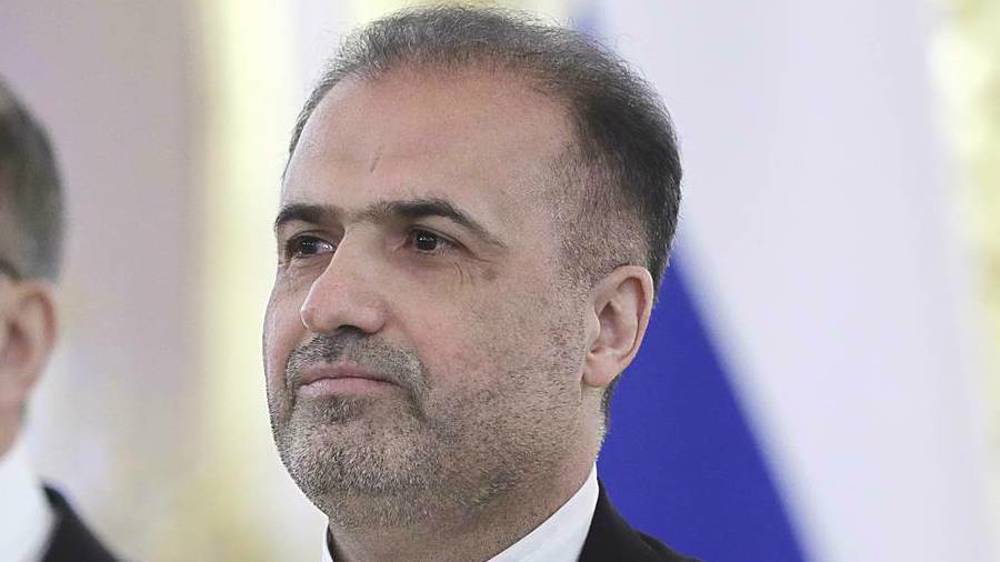
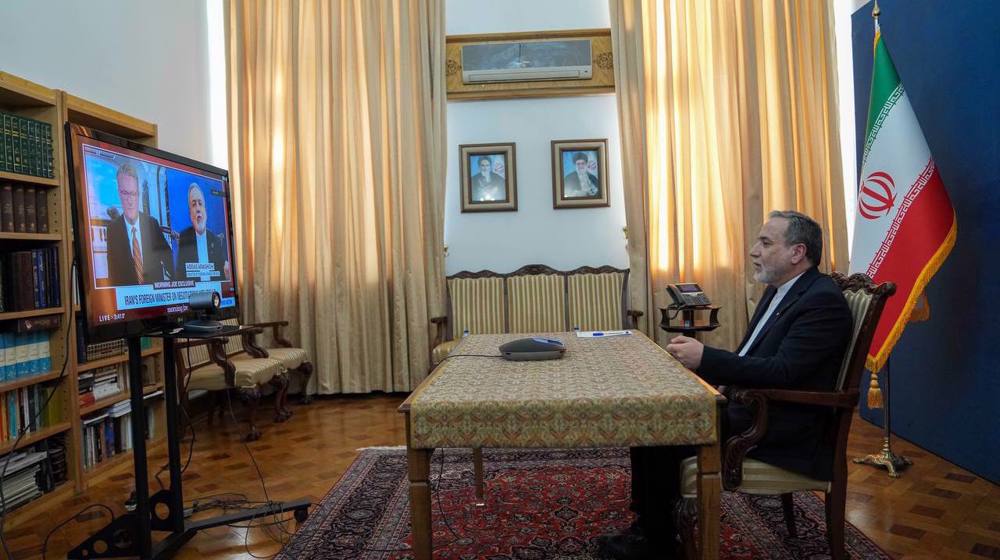
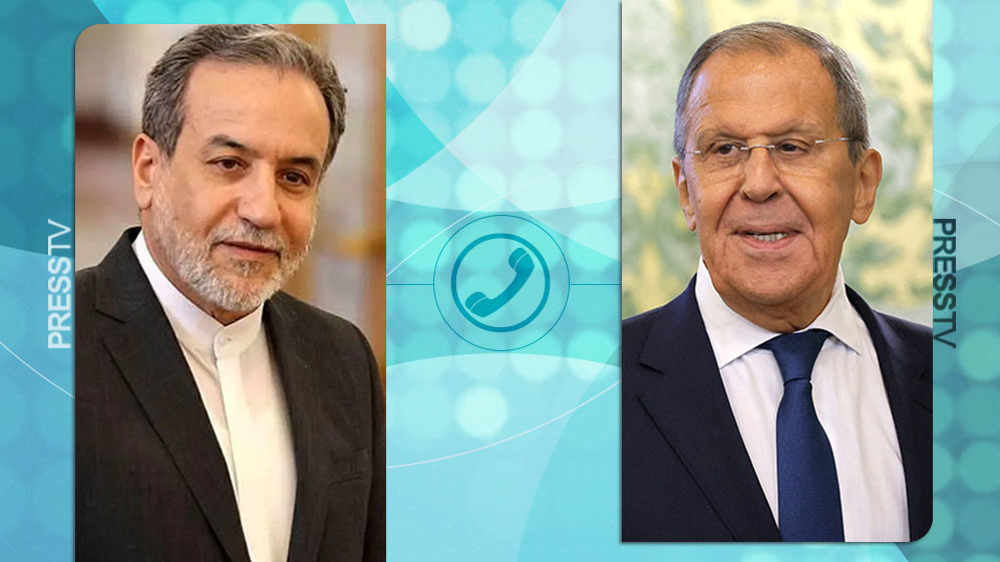
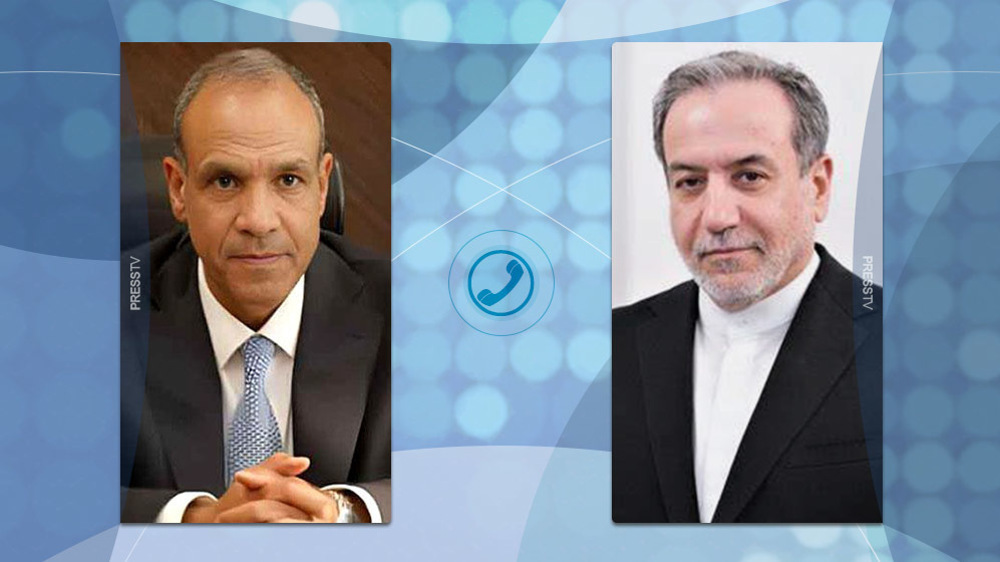



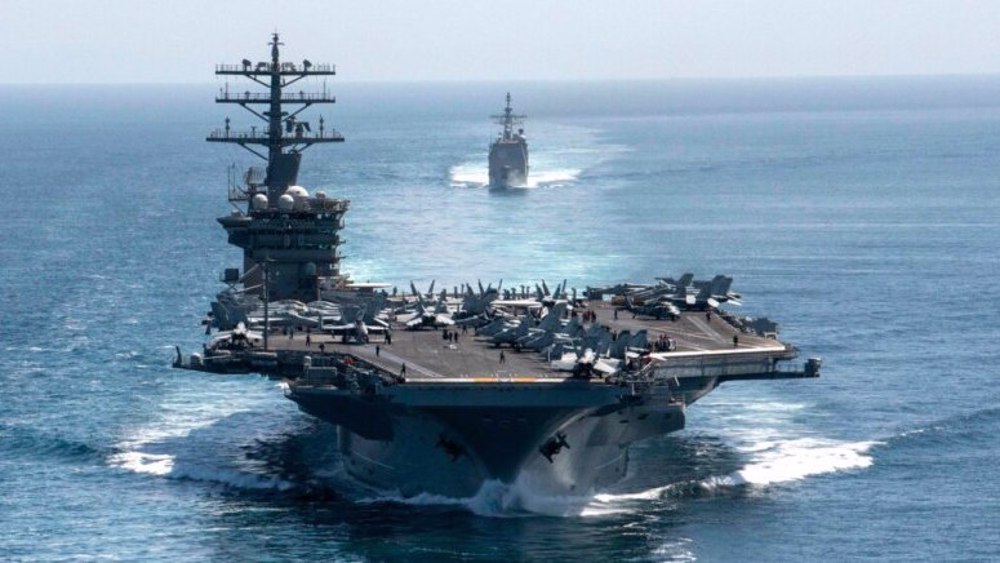
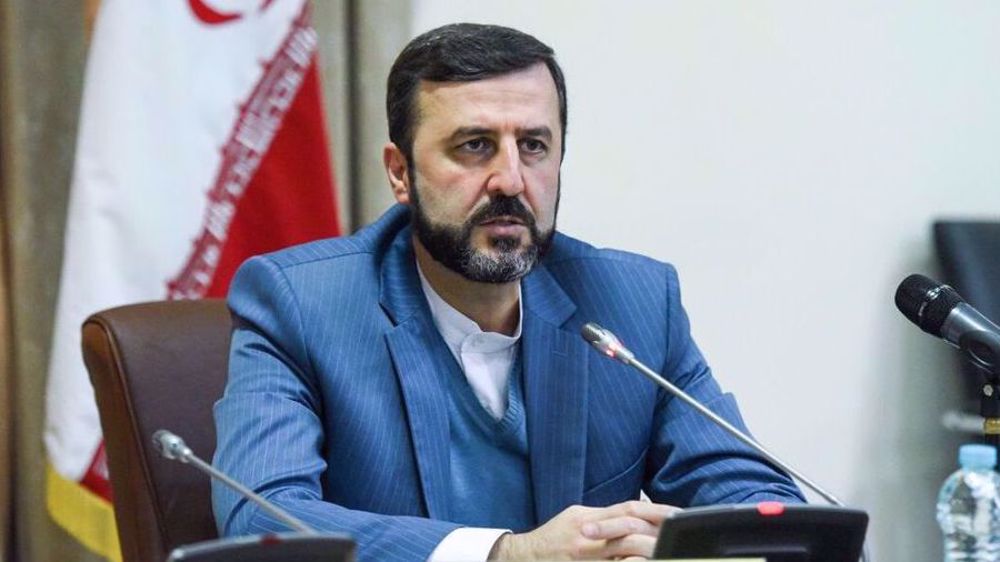
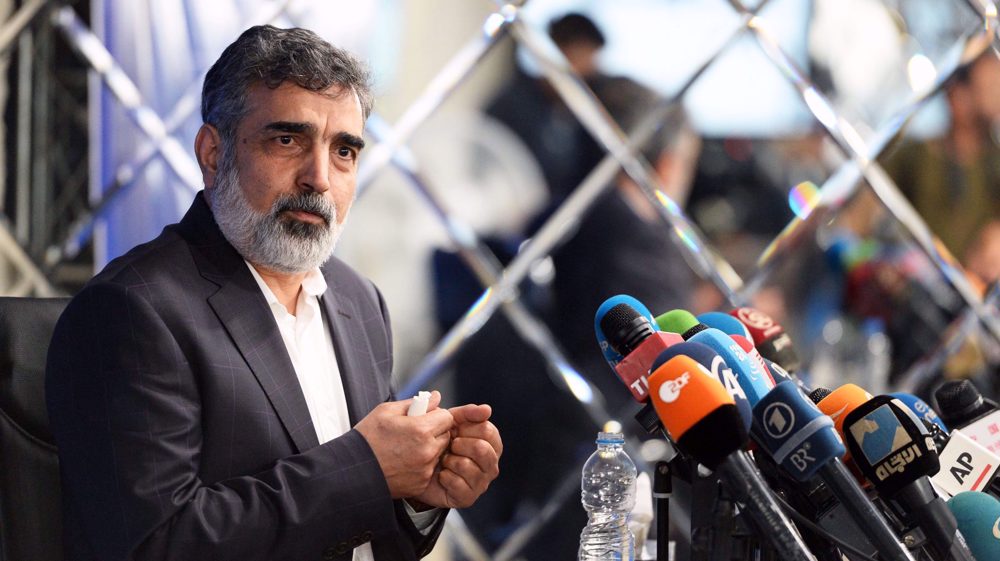

 This makes it easy to access the Press TV website
This makes it easy to access the Press TV website